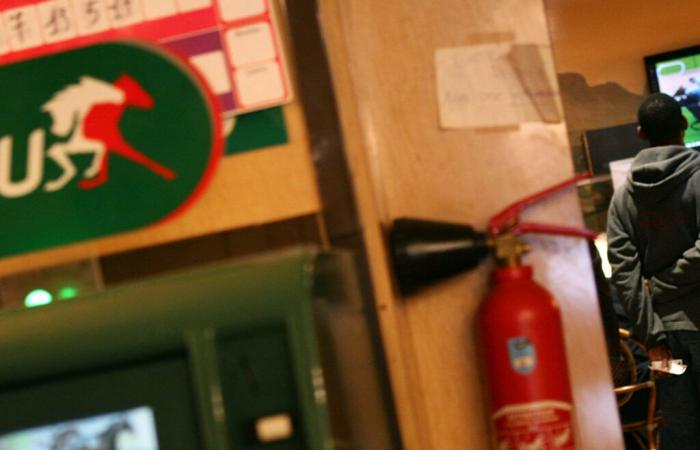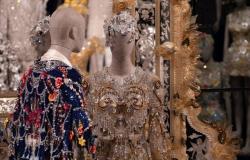The triumph of the trifecta, to which almost half of French people go to play passionately every Sunday, starts with a failure. That day, thanks to the stubbornness of its inventor André Carrus, the race is broadcast for first time on television in 1956. But disaster: no one finds the first three horses to arrive in the exact order. So what can we do to make players want to participate?
André Carrus has a crazy idea. What if we announced not the amount won, since no one is a winner, but the amount we could have won if we had found the exact finish? The communication move is masterful. Some already see themselves buying a house. According to the principle of urban pari-mutuel betting, bettors share the national common pot equally. The game looks so easy and there are millions at stake. There is agitation everywhere.
To avoid long queues in PMU tobacco bars, new game tickets that punters will complete themselves are made. Carrus also manufactures millions small pliers. From now on, the bettor will have to do holes in his slip regarding the numbers he wants to play.
Why the word trifecta?
With the trifecta, André Carrus wins his bet. Horse racing games are becoming very popular in France. In just over 50 years, the turnover of the PMU will be multiplied by 100, going from 50 million francs, or 100 million euros today, to 10 billion euros of stakes in the 2010s.
But, there remains an enigma. Why is it called the trifecta? We sometimes read that it is in reference to the commune of Tiercé, in Maine-et-Loire, because André Carrus is said to be from there. An urban legend since he was born in Algiers. We understand well the reference to the third which clearly indicates the objective of find three horses.
The simplest thing is to ask his heirs, whose company is today the world number one in Paris terminals: one day, the patriarch organized a little brainstorming with his relatives to find the name of this famous game to which he has been thinking about it for several months. The word tiere is retained and tested on the Italian maid came to serve coffee. “Tiercé?”, she replies, pronouncing the word in Italian. “Oh yes, that’s a good idea.”
Read more






